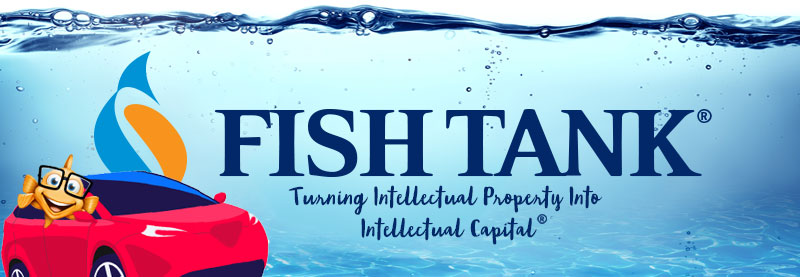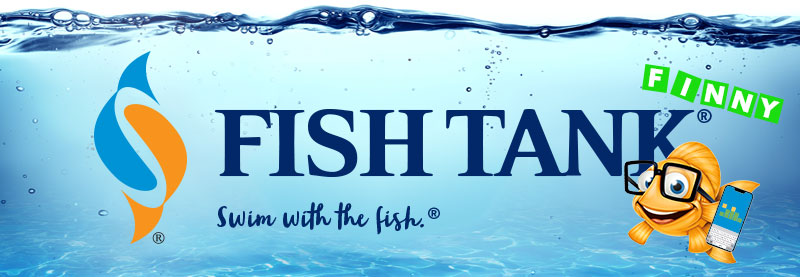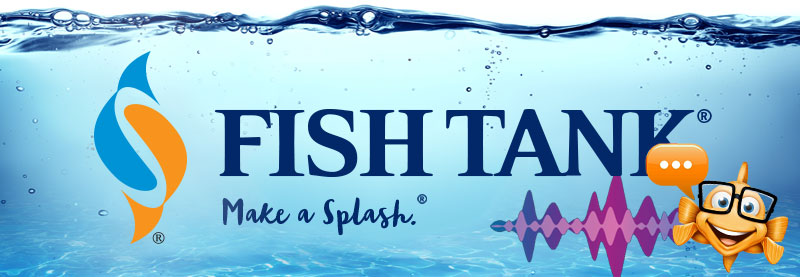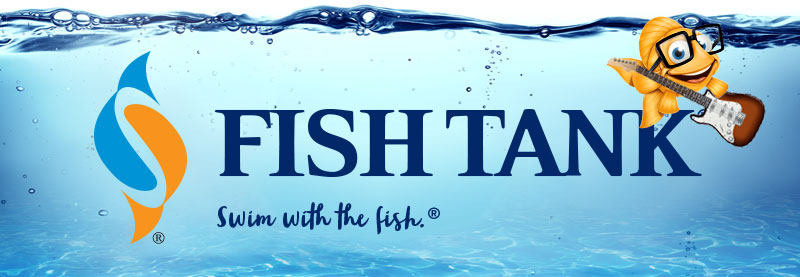Intellectual Property Insights from Fishman Stewart PLLC
Newsletter – Volume 23, Issue 20
Share on Social
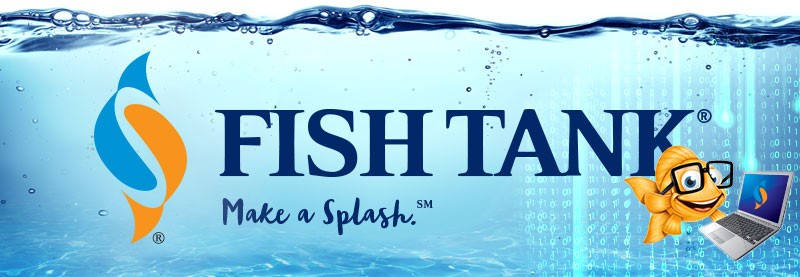
USER BEWARE, BLAME THE HUMAN!
By John P. Guenther
Artificial Intelligence (AI) has made monumental strides in recent years and is becoming increasingly integrated into all aspects of our lives.
One of the more popular AI models, ChatGPT, is based on machine learning techniques, specifically deep learning.
The model was trained on a massive dataset of information. It has come to understand patterns, structures, and semantics of natural language. After the initial training, the model was fine-tuned with training on a more focused dataset with human review and feedback.
The ChatGPT model lets users enter queries. The model returns fast, human-like, and often amazing, responses. The results appear reasonable, are provided in a confident and authoritative manner, and can be very helpful.
However, what happens if the AI model makes a mistake, or worse yet, completely fabricates facts? Some commentators have proposed that machines are “learning” to lie to increase and extend human interaction.
In a lawsuit earlier this year, lawyers were sanctioned for citing six cases based on legal research using ChatGPT. The problem was that the cases cited to the court do not exist – i.e., they were entirely fabricated by ChatGPT. The lawyers claimed to be entirely unaware of the possibility that the content could be false.
In a more recent Georgia case, radio host Mark Walters sued OpenAI, L.L.C., the owner of ChatGPT, for libel. Mr. Walters asserted journalist Fred Riehl asked ChatGPT to provide a summary of accusations from a prior lawsuit and that ChatGPT inaccurately responded by stating Mr. Walters committed fraud and embezzled funds.
In reality, Mr. Walters was not a party in the case, the case had nothing to do with financial accounting claims against anyone, and Mr. Walters had no employment or relationship with the organization he purportedly worked for and defrauded.
Perhaps even more troubling, when the journalist requested a copy of the entire text of the complaint filed in the prior lawsuit, ChatGPT fabricated a complaint having no resemblance to the actual complaint. It even made up an erroneous case number. Naturally, the fabricated case became Exhibit 1 of Mr. Walters’ complaint.
OpenAI filed a motion to dismiss the case, arguing that Mr. Walters cannot sue the company because it is widely known that ChatGPT provides false information. OpenAI further claimed that as a research tool, ChatGPT does not “publish” the responses it provides, so there can be no defamation.
These types of cases are just the beginning, there are a lot of open legal and ethical questions concerning AI models and content providers. Cases like Mr. Walters’ only scratch the surface, and future legislation is likely.
Interestingly, if you ask ChatGPT if it can be guilty of defamation, the model will tell you that it cannot be guilty of defamation because it is a machine learning model, and it lacks the capacity for intent, emotions, or consciousness. It will advise that defamation is a legal concept involving making false statements that harm a person’s reputation and requiring intent or negligence on the part of individuals or entities who make the false statements. It will go on to tell you that any potential legal responsibility for defamation or similar offenses related to the use of ChatGPT would fall on the individuals or organizations that operate, control, and use the AI model, rather than on the AI model itself. ChatGPT will further tell you that legal liability in cases involving AI-generated content is a complex and evolving area, and typically hinges on the actions and intentions of the human users or operators of the AI rather than on the AI model itself.
In short, AI has already learned to pass the blame on to humans. It is unclear whether that will work as a legal strategy.
John P. Guenther is a partner at Fishman Stewart. John’s practice encompasses all aspects of intellectual property law, including domestic and international patent acquisition and maintenance; trademark and copyright registration; intellectual property enforcement and litigation; trade secret protection; high-profile product and trademark clearances; large-scale due diligence efforts; joint venture and commercial agreements; and licensing.
Related Content from Fishman Stewart
Car enthusiasts are buzzing about Alfa Romeo's latest SUV which is also its first EV (plus a hybrid option). Initially branded as “Milano,” the name was changed to "Junior" after it was announced that the car would be produced in Poland.
The online word game Wordle was created in 2021 by Josh Wardle and quickly rose in popularity. Players receive a new puzzle daily with six chances to correctly guess a five-letter word of the day with limited clues.
In a recent decision, the U.S. Court of Appeal for the Eighth Circuit affirmed a jury verdict holding that the use of the "Success Kid" meme by a congressman's reelection campaign for fundraising purposes did not qualify as fair use.
In February 2024, proposed legislation was introduced in US House of Representatives which would extend copyright protection to golf courses. The bill is titled “Bolstering Intellectual Rights against Digital Infringement Enhancement Act” or the “BIRDIE Act”.
OpenAI recently held a live demonstration of a new ChatGPT version that included the use of an AI personal assistant voice dubbed “Sky.” Many observers compared Sky to Scarlett Johansson’s voice in the 2013 Spike Jonze romantic sci-fi film “Her,” which centers on a man who falls in love with the female voice of his computer’s operating system.
June is Pride Month, which honors the 1969 Stonewall Uprising in Manhattan and recognizes the impact that lesbian, gay, bisexual, and transgender (LGBTQ+) individuals have had on history locally, nationally, and internationally. The United States Patent and Trademark Office flies the Pride Flag and promotes the Pride community’s contributions with programming offered annually.
First-time inventions have led inventors to great successes throughout history, sometimes immediately, sometimes after several more attempts at more useful inventions. In the U.S., two very famous inventors with contrasting first-time experiences are Thomas Edison and Alexander Graham Bell.
June is Pride Month. This year we are celebrating with some IP tips for drag performers! Drag performers can protect their intellectual property by registering the copyrights in their original works of music, choreography, and comedy sketches.
Bands often start out as creative endeavors among friends, and bands may not prove lucrative for many years, if at all. Until bands break up, thought and planning may not be given to who is the owner of the band names and entitled to use them going forward.
You’re rarely more than a few yards from Finny’s favorite chips, semiconductor chips to be precise. But what exactly is a semiconductor chip?
IDENTIFYING, SECURING AND ADVANCING CREATIVITY®




